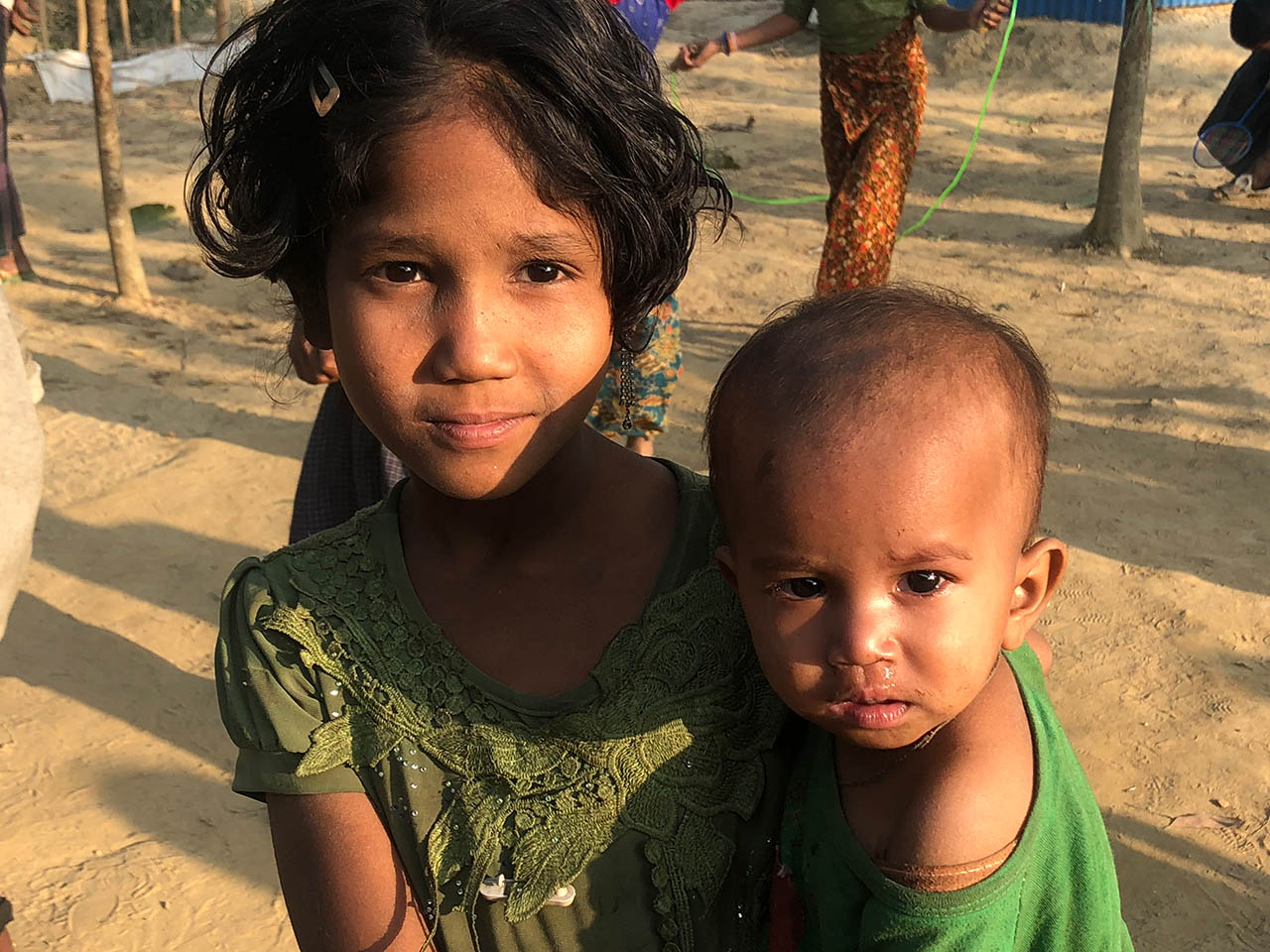Earlier this summer, I went to the local fish and chip shop to buy supper. It was an extremely hot evening, and the shop was even hotter than the outdoors as the air conditioning struggled to compete with the heat generated by the deep fat fryers. I was tired. I had completed a
1,500-mile road trip and needed to leave just 14 hours later on yet another foreign trip. I just needed food. The cupboards in my apartment were bare.
I placed my order and took a seat. One by one the orders were called out by number. My order was number 6. I listened to 4 and 5 called, and my mouth watered as I anticipated my food. Then 'number 8' was called out.No! What about 6 and 7? I waited another five minutes. My heart was sinking along with my stomach. Had I been forgotten? It was more than hunger, it was a hurt feeling, maybe a feeling of rejection, a disappointment? Whatever it was, the feeling was totally disproportionate to the actual facts; after all, it was just fish and chips. A couple of minutes later, the smiling assistant handed me my food and apologized for the delay—they had been waiting for a fresh batch of the fish I had chosen to fry.
Relief, vindication, a restoration of self-worth? All of the above. Ridiculous? Out of proportion to the reality? Yes. But in my tired state, very real nonetheless.
As I reflected on that incident on my drive home, I began to ask myself how, then, must people like the Rohingya feel? They have valid reasons to feel forgotten and must surely share some of the deeper emotions which go with that.
 |
The Rohingya are a predominantly Muslim group who lived in (mainly Buddhist) Myanmar, in Rakhine state. Over the past couple of years, they have been systematically driven from their villages, beaten and even killed by the authorities in Myanmar which caused them to flee for their lives into neighboring Bangladesh. Now approximately 700,000 Rohingya live in poverty and squalor around the town of Cox’s Bazar in makeshift camps.
The Rohingya were stateless in Myanmar—not being a recognized ethnic group in that country—and now they are stateless in Bangladesh, where they are just glad to be alive.
Initially the world cried out for justice for the Rohingya. Their plight made headlines in all of the newspapers. Footage on news channels showed thousands of Rohingya fleeing, clutching small children as they hauled cooking pots and their personal belongings with them, struggling through mud, up and down hillsides and along narrow trails.
There Was an International Outcry
High ranking officials were questioned as to how this could happen. Famous people spoke out. This was an abuse of human rights; this was ethnic cleansing! How could this happen? They called for an end to the injustice.
Today, the Rohingya are still living in those camps. Some of the structures have become semi-permanent—they had to do something as monsoon rains swept through the camps. Raised pathways were built, some form of informal organization became evident in the camps, but no progress has been made to determine the future of the Rohingya refugees.
Worse, the world seems to have forgotten them and moved on. The press has new and more exciting stories to tell.
Occasionally some news item from Bangladesh will hit the pages—like when elephants trampled some Rohingya refugee camps or the mudslide that swept away parts of the hillsides where the Rohingya were clinging to life. But mainly, nobody remembers those 700,000 people, each of whom have their individual story of grief, loss and suffering.
God laid the Rohingya people on the hearts of Reach Beyond leadership long before they became refugees. While they were still in Myanmar, we prayed for opportunities to share the Good News of Christ and of His love, His sacrificial death and victorious resurrection with them. They are considered an unreached people group, with very few known Jesus followers. Most of them had never met a Christian before arriving in Bangladesh.
While they remained in Myanmar the Rohingya were inaccessible to the world. But since they arrived in Bangladesh, Reach Beyond, working with a local partner, has access to minister to them.
Since November 2017, Reach Beyond has cared for the Rohingya people by finding ways to provide for their physical needs. A small medical clinic was built in one of the camps and is staffed daily by Bangladeshi doctors, nurses and midwives. Reach Beyond sends monthly teams to support the Bangladeshi staff, help attend to patients and to teach. We are also funding the daily operations of the clinic. We estimate that the clinic costs $350 per day to run. The medicines we give out freely cost around $200 dollars a day.
Reach Beyond has not forgotten the Rohingya. God has not forgotten them. They are dear to Him. Jesus died for them, and He knows each one by name. They are precious in His sight.
Please help us continue to bring hope and healing to the Rohingya people in Jesus name. Remember them before the Lord in your prayers.
Please don't forget.
